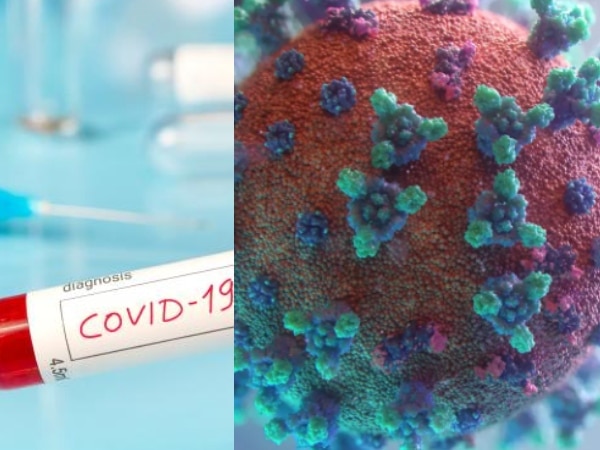COVID-19, the SARS-CoV-2 virus, has infected hundreds of millions of people worldwide, causing a serious public health crisis. Despite the high infection rate, some people have managed to avoid the virus even after multiple exposures. What is the reason?
News Colombia.
Since its emergence in late 2019, COVID-19 has caused a wave of infections and deaths. According to the World Health Organization, there have been more than 775 million confirmed cases and more than seven million deaths worldwide.
Read also:
Even though the emergency has eased, the virus continues to circulate and cause surges due to new variants. However, an intriguing phenomenon has caught the attention of scientists: Some people appear immune to the virus, regardless of their level of exposure.
A recent study published in the journal Nature has shed light on why some people never get COVID-19.
The research identified a specific gene associated with an immune response that could explain this resistance.
The study, conducted on 36 volunteers who had never been exposed to the virus or vaccinated, revealed that the key to immunity could lie in the human leukocyte antigen (HLA), particularly in the HLA-DQA2 gene.
The Role of the HLA-DQA2 Gene
The researchers found that participants with elevated HLA-DQA2 gene activity showed remarkable resistance to the virus.
This gene is involved in activating an early immune response that could prevent sustained infection.
This little-studied immune response could explain why some people remain healthy despite exposure to SARS-CoV-2.
T Cells and the Key Mutation
The study also identified a mutation in one of the genes encoding HLA, which appears to enhance the ability of T cells to recognize and attack SARS-CoV-2.
These T cells appear to have a rapid response similar to that already available against seasonal cold viruses, allowing for effective defense even against a new virus.
Immune response
For those who were transiently infected, they developed a strong immune response in the nose, known as an interferon response, the day after exposure.
This response alerts the immune system and activates cells to fight the infection. In contrast, those who became ill showed a much slower response, allowing the virus to proliferate before being detected and effectively combated.
Researchers suggest that analysis of the genetic signature of HLA-DQA2 gene could help predict who is most susceptible to infection.
















